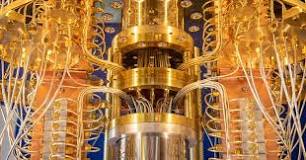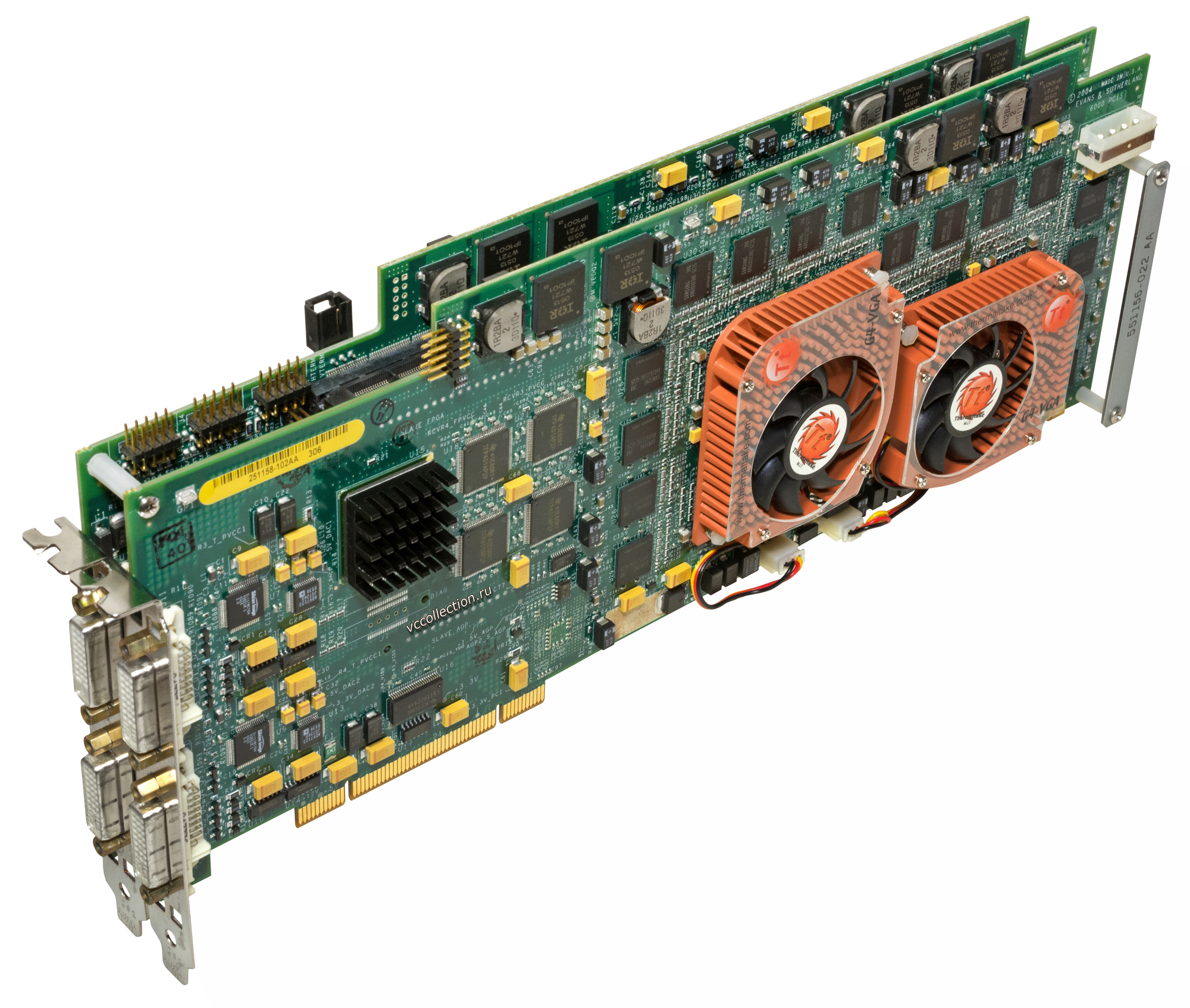erek
[H]F Junkie
- Joined
- Dec 19, 2005
- Messages
- 10,951
Scared of Quantum computing cracking all of classical encryption algorithms?
"Protecting confidential data is a major worldwide challenge. Classical cryptography is fast and scalable, but is broken by quantum algorithms. Quantum cryptography is unclonable, but requires quantum installations that are more expensive, slower, and less scalable than classical optical networks. Here we show a perfect secrecy cryptography in classical optical channels. The system exploits correlated chaotic wavepackets, which are mixed in inexpensive and CMOS compatible silicon chips. The chips can generate 0.1 Tbit of different keys for every mm of length of the input channel, and require the transmission of an amount of data that can be as small as 1/1000 of the message’s length. We discuss the security of this protocol for an attacker with unlimited technological power, and who can access the system copying any of its part, including the chips. The second law of thermodynamics and the exponential sensitivity of chaos unconditionally protect this scheme against any possible attack."
https://www.nature.com/articles/s41467-019-13740-y
"Protecting confidential data is a major worldwide challenge. Classical cryptography is fast and scalable, but is broken by quantum algorithms. Quantum cryptography is unclonable, but requires quantum installations that are more expensive, slower, and less scalable than classical optical networks. Here we show a perfect secrecy cryptography in classical optical channels. The system exploits correlated chaotic wavepackets, which are mixed in inexpensive and CMOS compatible silicon chips. The chips can generate 0.1 Tbit of different keys for every mm of length of the input channel, and require the transmission of an amount of data that can be as small as 1/1000 of the message’s length. We discuss the security of this protocol for an attacker with unlimited technological power, and who can access the system copying any of its part, including the chips. The second law of thermodynamics and the exponential sensitivity of chaos unconditionally protect this scheme against any possible attack."
https://www.nature.com/articles/s41467-019-13740-y
![[H]ard|Forum](/styles/hardforum/xenforo/logo_dark.png)

